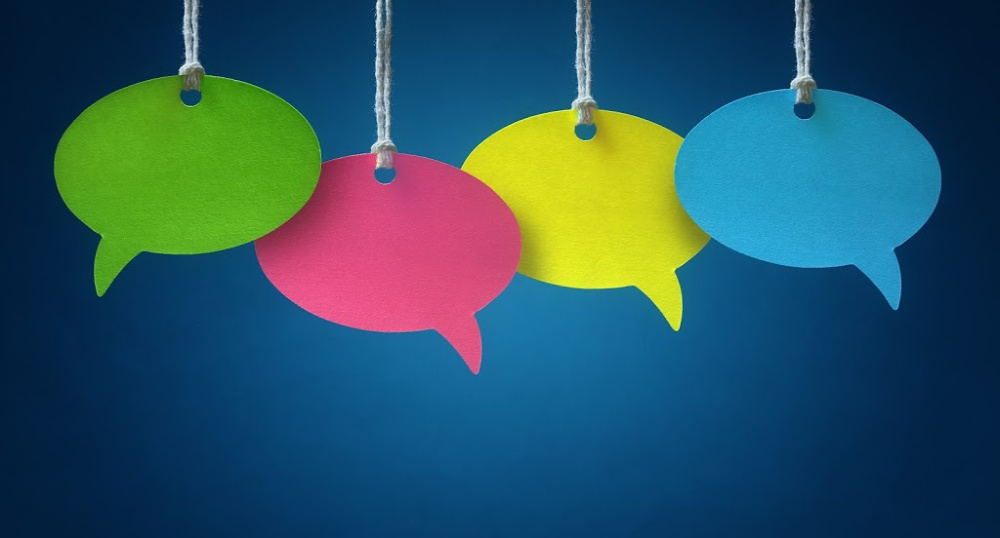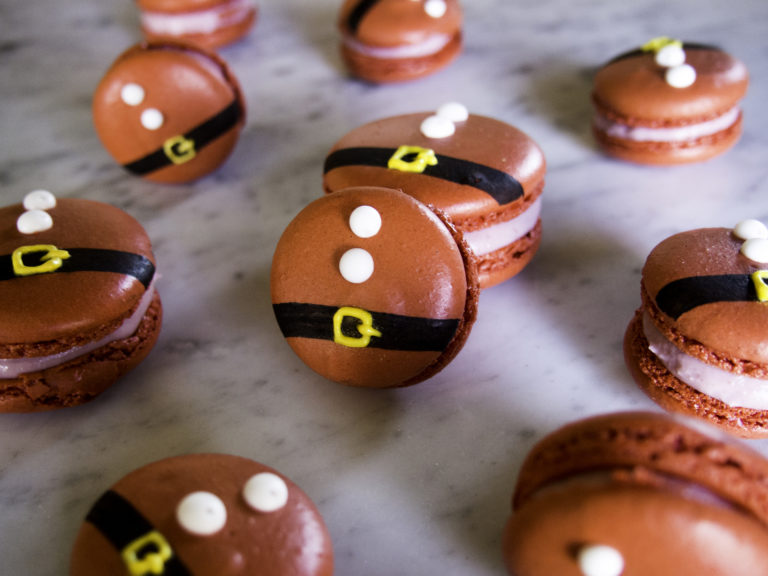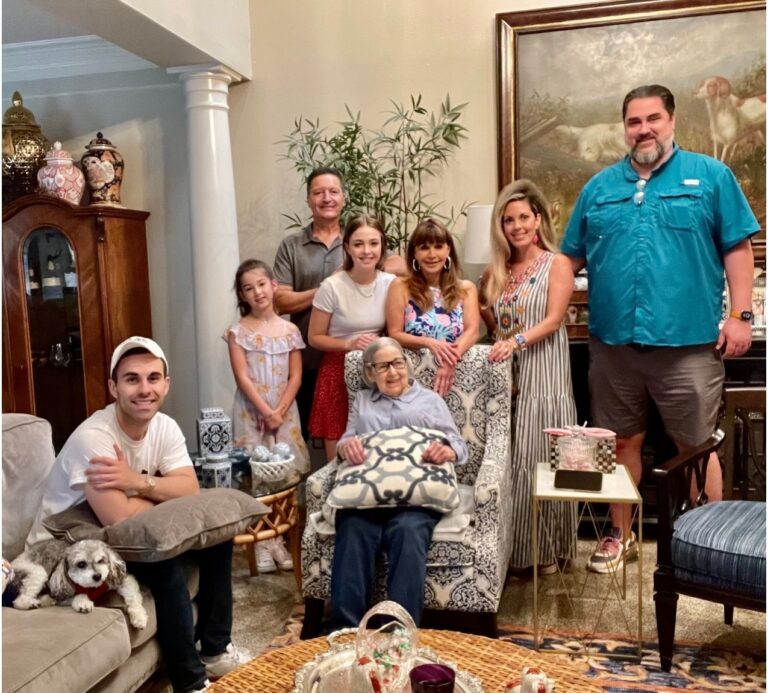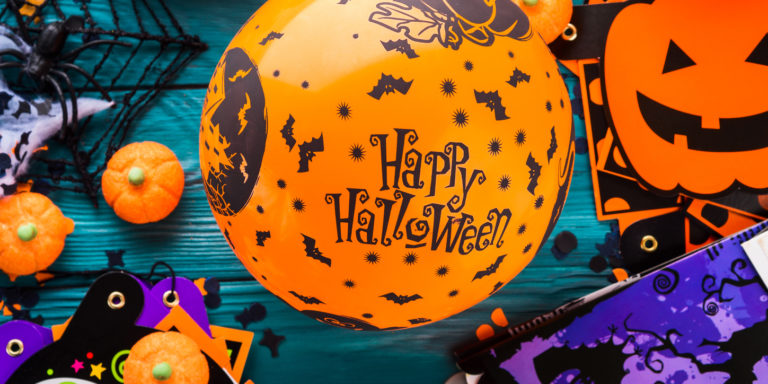10 Words and Phrases to Remove from Your Vocabulary

Your vocabulary is effecting your credibility. People make judgments about you based on your confidence, professionalism, and ability to communicate. Your social and business success relies on how you are perceived. We all have favorite phrases we tend to fall back on when engaging with our friends. But habits run deep, and it’s worth a look at a few words and phrases to remove from daily use. Some people rely on fillers such as “like” and “um,” to buy time during an awkward silence. They add no meaning and actually distract from your point and weaken your message. Other phrases are used in a spirit of fun to add some color or style to your speech. English is a rich, dynamic language, and choosing other words can add impact while reflecting your knowledge and intellect.
Here are ten words and phrases which may be killing your credibility:
No Offense
People usually say this phrase just before saying something offensive, hurtful or unkind. If you feel obliged to buffer your remark with “no offense,” it might be worth reconsidering what you are about to say.
To Be Honest
Macmillan Dictionary defines the phrase as one that one uses when telling someone what they really think, especially when it may be something they don’t want to hear. It’s a velvet hammer when you want to state the truth. This term can also imply you are usually not forthcoming or truthful.
No Problem
An increasingly common response to “thank you” and a poor substitute for “you’re welcome.” While the intention is to let people know you didn’t mind whatever it was they’re thanking you for, it also implies it could have been an inconvenience.
Just Saying
Usually said with a head tilt and an eye roll, this phrase illuminates a statement that is awkward or critical. Consider whether your response is genuinely helpful, essential, or kind before the words leave your lips. The phrase comes across as sarcastic, insulting, and judgemental.
Know What I Mean?
Usually added to the end of a statement, people commonly use this phrase for emphasis, not understanding. Most of the time, it’s an unnecessary filler. If you are concerned your point may not be strong or concise. Ask for validation by saying, “did I make myself clear?”
My Bad
This phrase has somehow become a stand-in for an apology. While it is admirable to own up to something when one is at fault, this phrase has a flippant quality, which implies it’s not genuine remorse. A true apology requires steps and sincere remorse. Even a lighter offense, such as forgetting to pick up eggs on the way home or accidentally stepping on someone’s toes, requires an “I’m sorry I forgot” or “Sorry, I hope I didn’t hurt you when I stepped on you.”
Awesome or Amazing
Sometimes, a situation or reaction sincerely IS awesome or amazing. However, these two words are often overused as a general response. Use them when they genuinely apply. Otherwise, substitute a more appropriate word or allow the person to continue to speak without interruption. Some people respond with these words as a way to say, “I’m listening.” Instead, nod your head, respond by asking a thoughtful question like, “It sounds like it was an incredible adventure. Did the entire family zip line or just you and your son?”
Whatever
Americans have voted this word the most annoying for nine years in a row. It shuts down conversations with a flippant, disinterested vibe. It’s a slang term that clearly states, “I don’t care,” and is used to demonstrate disrespect or disdain.
Tribe, Hubs, Littles
Some words pop up in the common vernacular to describe everyday terms. When the originality wears off, and your entire “tribe” is continuously referring to their “hubs” and “littles,” especially on social media, the words quickly become tired and worn out. It’s more of a fad than a fashion statement.
You may also like Four Healthy Words to Immediately Put Into Practice. For more of Diane’s etiquette tips, read her posts on Inc., subscribe to her articles on Huff Post, “like” The Protocol School of Texas on Facebook, and follow her on Pinterest, Instagram, and Twitter. Buy her new book, Modern Etiquette for a Better Life.






